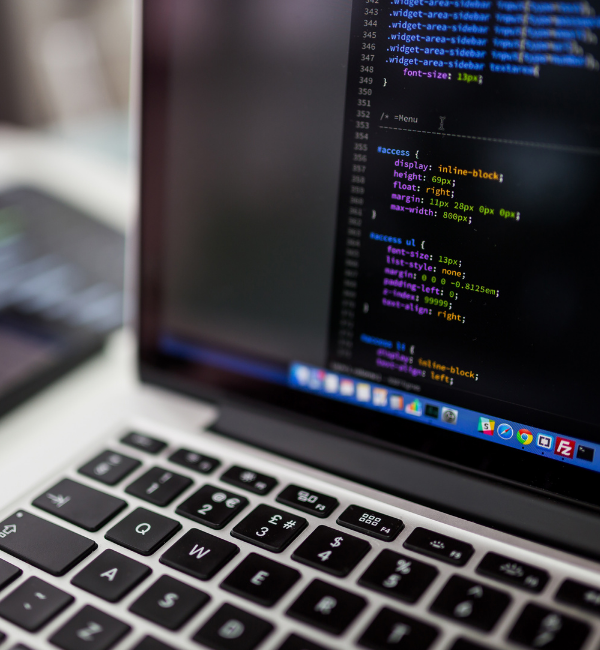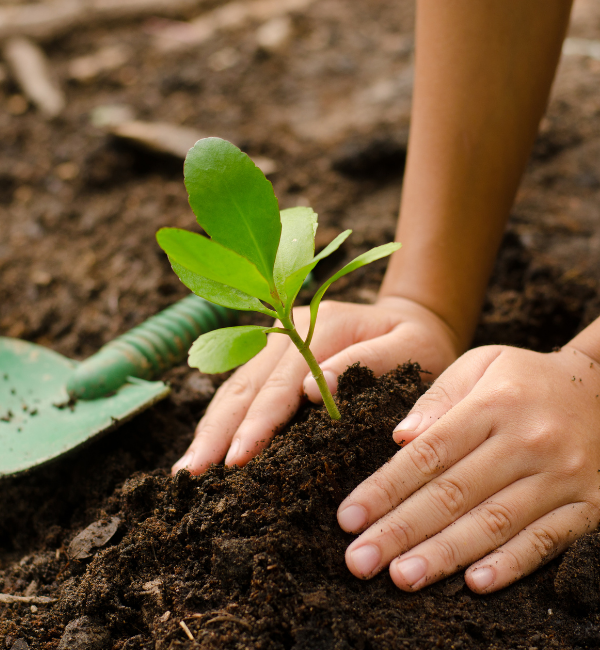
Code and Go Mice - Community Event
The goal of this activity is for students to program a mouse to get from the starting position to the cheese wedges without going on squares occupied by cats or mouse traps.

Trashbot Challenge
Using the United Nations Sustainable Development Goals (SDGs) as a provocation for learning, learners explore real-world robots that help protect the environment and are challenged to design a robot to clean-up trash from the schoolyard or a local outdoor space. This activity can be done in-person or in a virtual setting.

Binary Basics
Welcome to the science behind computer communication! Learners will explore the basics of binary, learn how to count in binary and how binary is used to encode different kinds of information in computers, through a variety of activities.

Cancer Fact or Fiction
How can we tell what is cancer fact versus fiction? Learn how to critically evaluate online sources for credible information on cancer research topics while understanding the importance of research translation across the internet.

Python Coding Club
Learners build off the skills they developed in the (Scratch) Coding Club, developed by McGill University, and further expand some foundational computer programming concepts and further develop computational thinking skills.

Coding Club
Learners explore some foundational computer programming concepts and develop computational thinks skills by participating in three weeks of hands-on coding activities, via Scratch, for one-hour sessions, where each session builds off the previous session.

Design and Build a Seed Saver
Learners develop computational thinking skills and global competencies as they collaboratively work together to design and build a structure that will protect the last Truffula seed (from the story ‘The Lorax’).

Password Protection!
Learners enhance their understanding of encryption and decryption to protect personal information and develop critical thinking skills by using different encryption tools to create and send coded messages.

3D Printed Animal Tracks
Participants learn how to identify animals that may live in their environment using “signs”. Then, they will learn how photogrammetry can be used to scan and make digital models out of animal tracks found in nature so that they can be 3D printed.